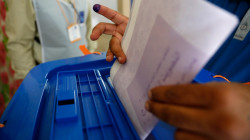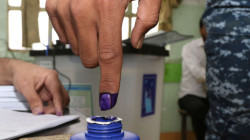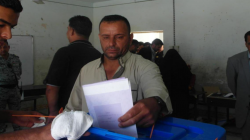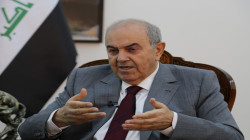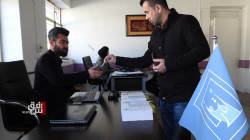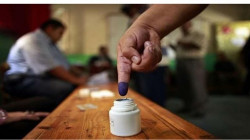The Iraqi election crisis exacerbates: skepticism and bloody clashes
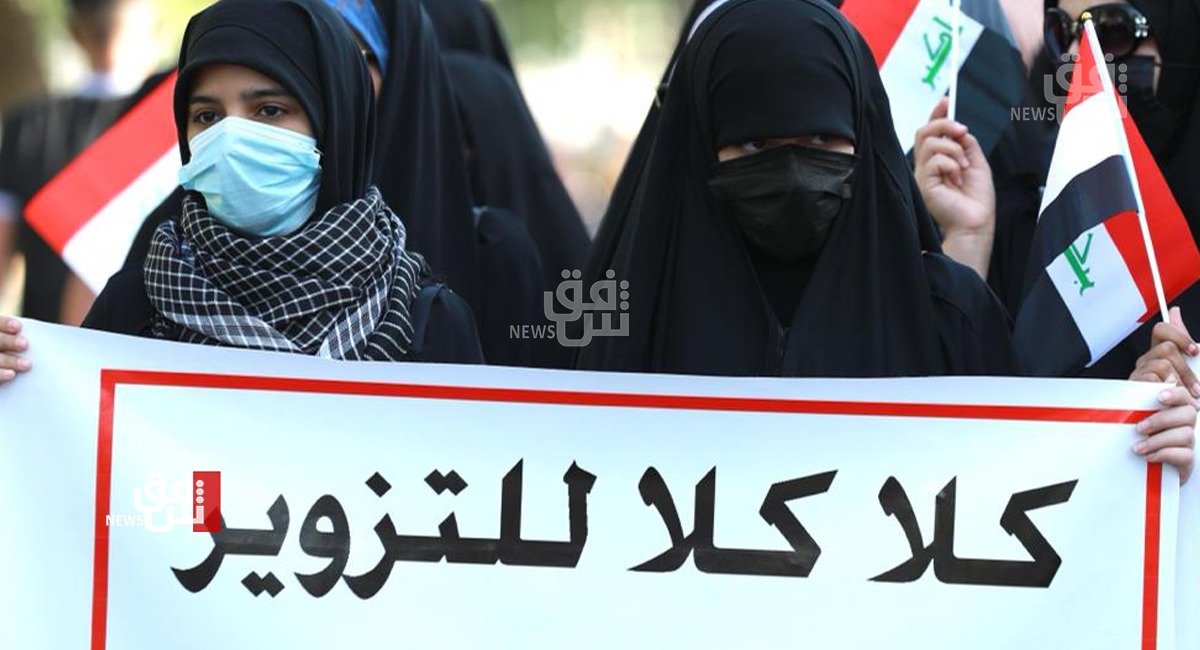
Shafaq News / The defeated parties are still disputing the integrity of the elections, branding them as fake, and opposing the results. In fact, the opposition took numerous forms, the most prominent of which were demonstrations and sit-ins at the gates of the Green Zone, which yesterday escalated into clashes between protestors and Iraqi security forces, leaving many casualties.
These incidents do not appear to be coming to an end, with Shiite factions and political parties saying that these sit-ins will continue until their demands, including a manual recount of all voting stations, are met.
"What happened yesterday was a crime against humanity done by some security forces tied to an external objective," Saad al-Saadi, a member of the Asa'ib Ahl al-Haq movement's Political Bureau, told Shafaq News agency.
"The crime will not go unnoticed, and we will pursue the perpetrators legally. Also, the government will carry this crime’s consequences, and the demonstrations in Baghdad will continue. What happened yesterday did nothing but increase the demonstrators’ determination," he continued, "We will resort to the Federal Court and the judiciary to solve this problem.”
Al-Saadi also called on the demonstrators to "show restraint during the demonstrations."
Other political blocs urged the losing political parties to revert to the rule of law to avoid bloodshed.
"The losing political blocs should resort to the law to address this situation," Sherwan al-Dobardani of the Kurdistan Democratic Party (K.D.P.) told Shafaq News Agency, "We support the real, peaceful, and democratic opposition."
He urged the losing parties to, "provide proof of electoral fraud in public and take legal action," insisting that if they do not want to form the government or participate in its creation, "they should be a true opposition within the parliament."
"Article 38 of the Constitution and Law 19 of 2004 allowed the freedom to demonstrate and express an opinion by all means. In addition, a strike is considered a legal way to express an opinion, as long as it is temporary and does not harm the public interest, i.e. does not violate laws and regulations. There is no law prohibiting this," legal expert Ali al-Tamimi told Shafaq News agency.
"The French and Egyptian courts have confirmed the legality of the strike per the following rule: if the public interest conflicts with the private interest, the private one is prioritized because it is a direct interest to follow, which is permissible by the Charter of the International Covenant and the Universal Declaration of Human Rights, i.e. the strike is authorized," he added.
"Those who invoke article 364 of the Penal Code are clueless for it speaks about the public interest and has nothing to do with the strike, and the rule says that there is no punishment or crime except by a legal text," al-Tamimi said, adding, "Freedoms are restricted only by a legal text as stipulated in article 46 of the Constitution, and no law has been passed yet restricting or prohibiting strikes. It is constitutionally permissible, as long as the strikers are part, not all employees, and the strike has not harmed the public interest."
